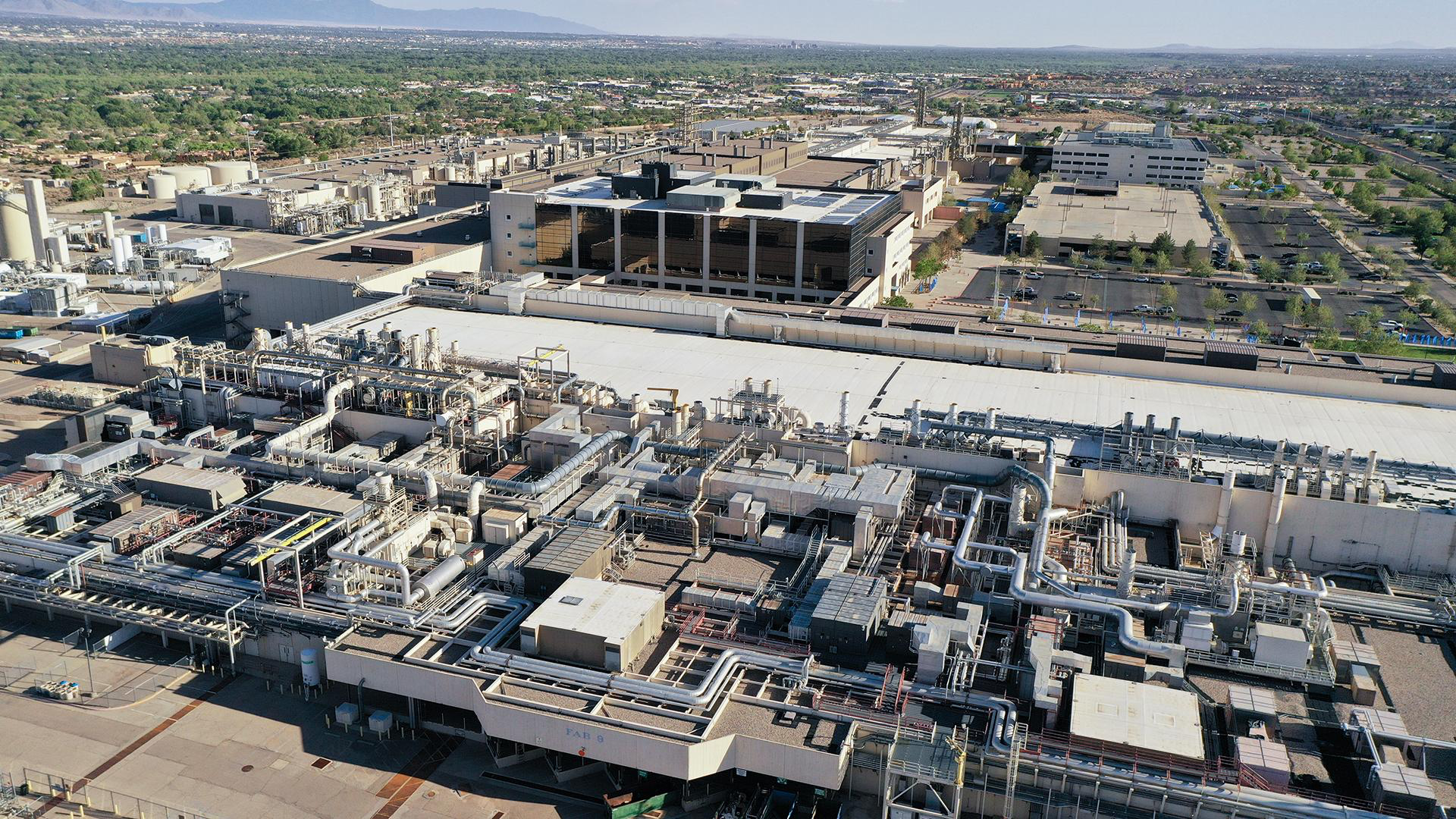
Intel's upcoming site near Magdeburg, Germany, promises to become Europe's largest and most advanced semiconductor manufacturing facility, but its costs are increasing, and Intel recently expressed its intention to get more subsidies from the country's government. But the authorities are unwilling to provide the company more money as they do not have it in the budget, reports Financial Times.
"There is no more money available in the budget," Germany's finance minister Christian Lindner told Financial Times. "We are trying to consolidate the budget right now, not expand it."
Intel's proposed fab near Magdeburg, Germany, was expected to initially cost $18.7 billion (€30 billion), and the federal government agreed to provide the chip giant some $7.2 billion in state aid. But the fab construction was delayed, and due to rising energy prices, material costs, and inflation, now the cost of the production facility is expected to be about $31.675 billion (€30 billion), possibly because Intel also decided to install more advanced tools in a bid to produce chips on more sophisticated production nodes in Germany. To bridge this funding gap, the company is seeking additional subsidies of $4.223 billion - $5.279 billion (€4 billion - €5 billion) from the German government.
The dispute over subsidies for Intel has caused a split among the authorities. Chancellor Olaf Scholz and Economy Minister Robert Habeck are believed to be open to increasing financial support to Intel as they are encouraged by the prospect of Intel increasing its total investment from €17 billion to €30 billion. However, Christian Lindner is against such subsidies and insists that the chancellery and economy ministry need to identify where additional funding would come from.
Some economists in Germany argue that subsidies are a waste of taxpayers' money, while others fear that reducing dependence on Asian suppliers in the chip industry is challenging given the complexity of semiconductor supply chains.
Intel declined to comment on the minister's comments but said, "There is a cost gap and we are working with the government on how to close it."
Lindner's opposition to subsidies is not limited to Intel. In addition, Lindner opposed Habeck's plan to subsidize the cost of electricity for energy-intensive industries, arguing against the legality of such state aid under EU rules. Meanwhile, lower electricity costs could also support Intel's upcoming fab near Magdeburg. Habeck reportedly suggested that the funding for these subsidies could come from the Economic Stabilization Fund, a suggestion Lindner dismissed as a violation of coalition agreements.







